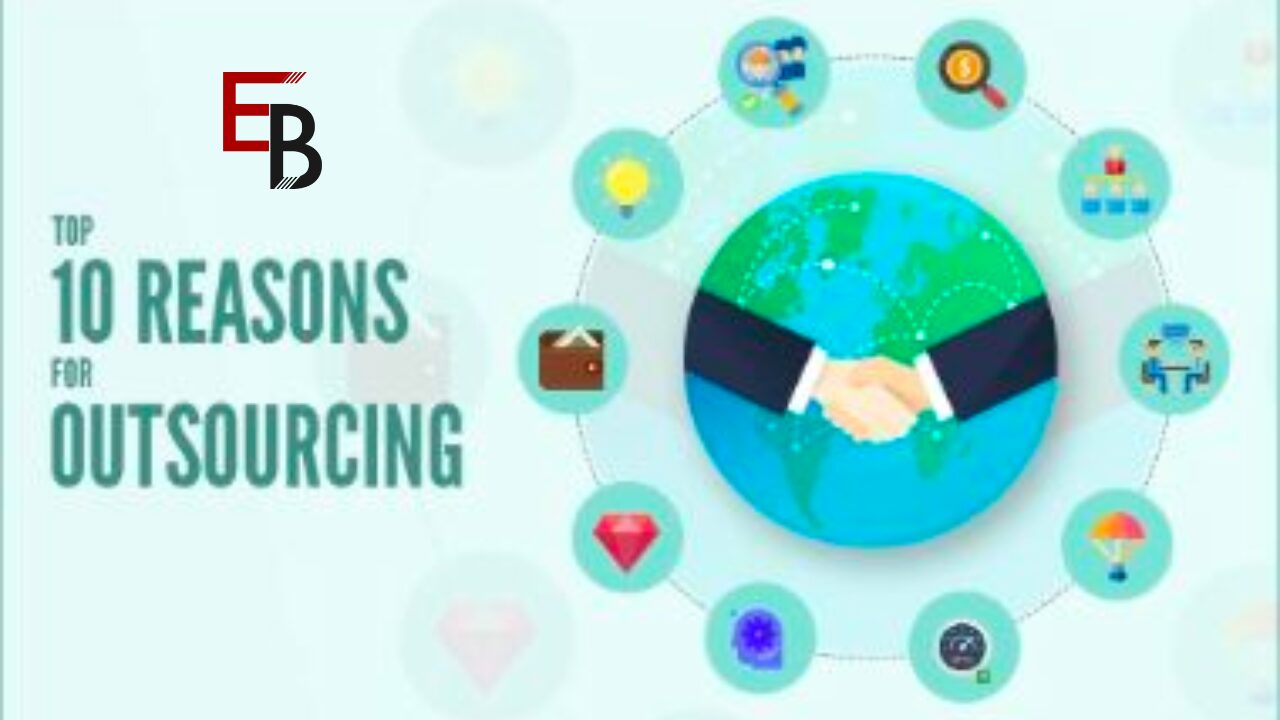The Top 10 Reasons to Outsource for Efficiency and Growth

In today’s competitive business landscape, organizations constantly seek ways to streamline operations, reduce costs, and enhance productivity. One strategy that has gained widespread adoption is outsourcing – the practice of delegating specific tasks, functions, or processes to external service providers. From startups to multinational corporations, businesses across industries are implementing different outsourcing techniques to gain a competitive edge and drive growth. In this article, we’ll explore the top 10 reasons why outsourcing has become a cornerstone of modern business strategy.
1. Cost Savings
Outsourcing allows organizations to access specialized expertise and resources at a fraction of the cost of maintaining in-house capabilities. By leveraging economies of scale and lower labor costs in outsourcing destinations, businesses can achieve significant cost savings across various functions, including IT services, customer support, and back-office operations.
2. Focus on Core Competencies
Organizations can focus their resources and efforts on core competencies and strategic initiatives by outsourcing non-core functions such as accounting, payroll processing, and administrative tasks. This allows businesses to allocate resources more effectively, drive innovation, and maintain a competitive edge in their respective markets.
3. Access to Specialized Expertise
Outsourcing enables organizations to tap into a global talent pool with specialized skills and expertise that may not be readily available in-house. Whether it’s software development, digital marketing, or legal services, outsourcing providers bring domain-specific knowledge and experience to deliver high-quality solutions tailored to each client’s unique needs.
4. Scalability and Flexibility
Outsourcing offers scalability and flexibility, allowing organizations to scale their operations up or down based on changing business needs and market demands. Whether expanding into new markets, launching new products, or managing seasonal fluctuations in workload, outsourcing provides the agility and adaptability needed to respond effectively to evolving business conditions.
5. Enhanced Efficiency and Productivity
Organizations can streamline workflows, improve process efficiency, and boost overall productivity by entrusting repetitive, time-consuming tasks to external providers. Outsourcing providers often employ best practices, automation tools, and streamlined processes to deliver faster turnaround times and higher-quality outputs, allowing businesses to focus on value-added activities.
6. Access to Advanced Technology
Outsourcing partners often invest in cutting-edge technologies, infrastructure, and tools to deliver superior services and solutions to their clients. Organizations can access the latest innovations and technologies by outsourcing IT services, software development, or digital transformation initiatives without needing significant upfront investments or infrastructure upgrades.
7. Risk Mitigation
Outsourcing can help mitigate various risks associated with in-house operations, including financial risks, regulatory compliance, and talent shortages. Outsourcing providers assume responsibility for managing certain risks, such as data security, compliance with industry regulations, and adherence to service level agreements (SLAs), allowing organizations to focus on strategic risk management and business continuity planning.
8. Faster Time-to-Market
Outsourcing accelerates time-to-market for new products, services, and initiatives by leveraging external expertise and resources. Whether developing software applications, launching marketing campaigns, or expanding into new geographic markets, outsourcing enables organizations to execute projects more quickly and efficiently, gaining a competitive advantage in the marketplace.
9. Geographic Expansion
Outsourcing allows organizations to expand their geographic footprint and access new markets without the need for physical presence or infrastructure investments. By partnering with outsourcing providers in different regions or countries, businesses can tap into local market insights, cultural expertise, and customer preferences to drive growth and expansion initiatives.
10. Focus on Customer Experience
By outsourcing non-core functions such as customer support, call center operations, and order fulfillment, organizations can enhance the overall customer experience and satisfaction. Outsourcing providers often deliver superior customer service, multichannel support, and personalized interactions, enabling businesses to build stronger customer relationships and drive loyalty and retention.
READ MORE
FAQ
How do I choose the right outsourcing partner for my business?
Choosing the right outsourcing partner requires thorough research, evaluation, and due diligence. Consider factors such as industry experience, track record, reputation, service offerings, pricing models, and cultural fit. Conduct interviews, request references, and negotiate clear contracts to ensure alignment with your business goals and requirements.
What are the potential risks of outsourcing, and how can they be mitigated?
Potential risks of outsourcing include loss of control, data security concerns, communication barriers, and vendor performance issues. Mitigate these risks by establishing clear expectations, communication channels, and performance metrics, conducting regular reviews and audits, implementing robust data security measures, and diversifying suppliers to minimize dependency.
How can outsourcing contribute to innovation and competitiveness?
Outsourcing allows businesses to access specialized expertise, technologies, and resources that may not be available in-house. By collaborating with external partners, organizations can leverage fresh perspectives, novel approaches, and cutting-edge solutions to drive innovation, improve operational efficiency, and maintain a competitive edge in the market.
Conclusion
Outsourcing offers a multitude of compelling reasons for businesses to delegate non-core functions, tap into specialized expertise, and drive operational excellence. From cost savings and scalability to improved service quality and strategic focus, outsourcing can be a strategic enabler for businesses seeking to thrive in today’s dynamic and competitive business environment. By strategically leveraging the benefits of outsourcing and mitigating potential risks, organizations can unlock opportunities for growth, innovation, and sustained success.
